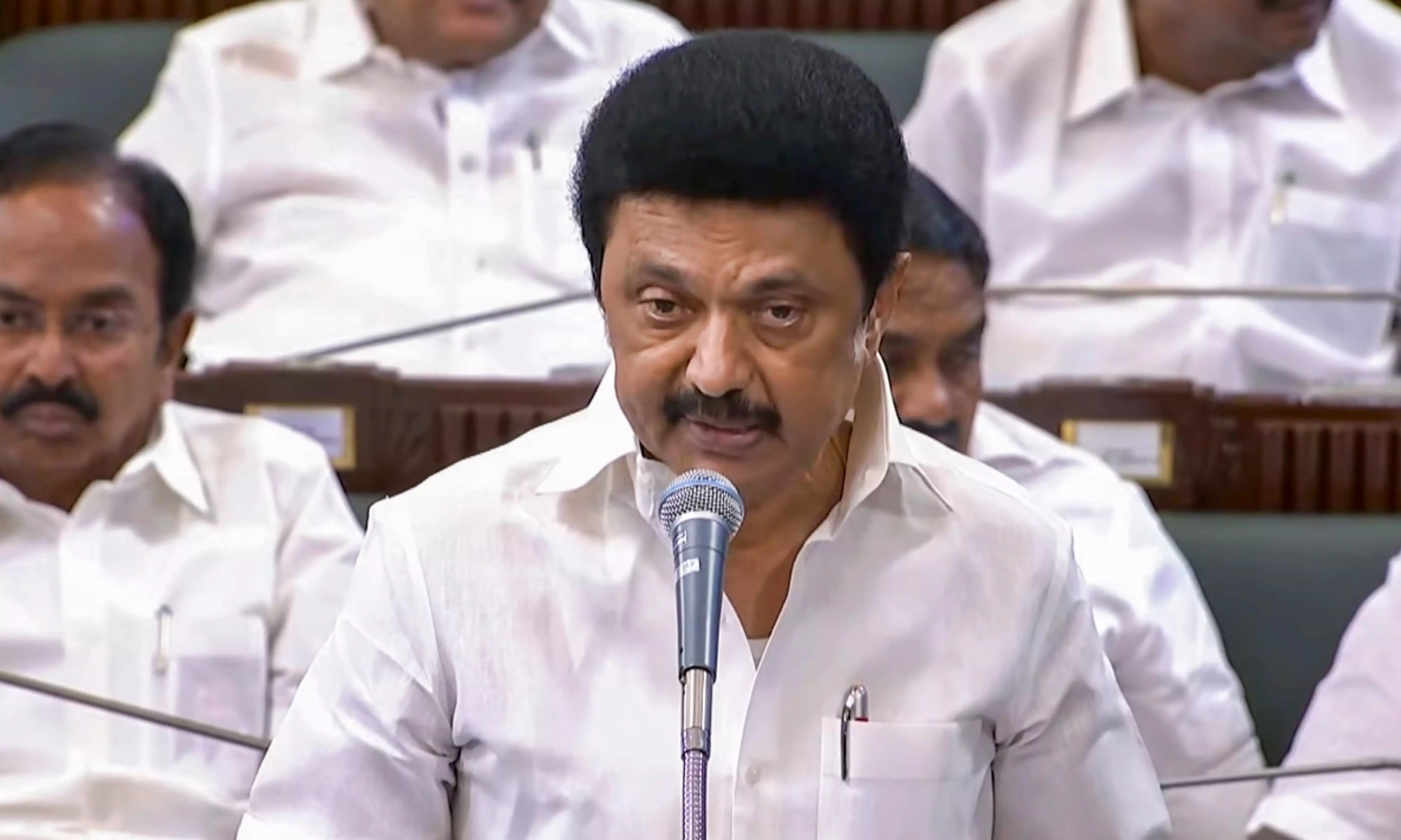
TN vs Centre: Stalin forms high-level panel to push for state autonomy
Panel headed by former SC judge, Justice Kurian Joseph, tasked with delivering recommendations by Jan 2026; to also revisit Rajamannar Committee’s findings

Tamil Nadu Chief Minister MK Stalin has unveiled a high-level committee, chaired by a former Supreme Court judge, Justice Kurian Joseph, to examine state autonomy and bolster Centre-state relations.
What panel will do
The formation of the committee, which has been tasked with delivering recommendations by January 2026, has sparked debate amid ongoing disputes over NEET examinations and the National Education Policy. The announcement aligns with a recent Supreme Court verdict criticizing the state governor’s actions, reinforcing Tamil Nadu’s push for state rights.
The newly formed committee, including former IAS officer Ashok Vardhan Shetty and Professor M Naganathan, will review constitutional provisions, reassess the shift of subjects to the Concurrent List, and recommend measures for greater state autonomy without compromising national unity. It will also revisit the Rajamannar Committee’s findings and submit interim and final reports by January 2026 and April 2027, respectively.
The 1969 Rajamannar Committee, constituted under then Chief Minister M Karunanidhi, submitted its report in 1971, which was followed by a resolution in the Assembly in 1974.
Also read: Here are the 10 TN Bills now deemed approved after SC’s rap for Governor Ravi
What Stalin said in Assembly
Speaking at the Tamil Nadu Legislative Assembly on Rule 110, Stalin said India’s unity thrives despite linguistic, cultural, and ethnic differences. He credited the Constitution for establishing India as a Union of States rooted in federalism rather than a unitary framework.
“Yet today, state rights are being systematically curtailed, forcing us to fight for basic entitlements from the Union government,” he said.
Stalin said that Union-led commissions, like the Sarkaria (1983) and Punchhi (2004) panels, which followed the 1974 resolution, produced voluminous reports but yielded no tangible reforms. Instead, critical state powers over health, law, and finance have been shifted to the Concurrent List, undermining state authority, he added.
Also read: Stalin's delimitation push presents a quintessential DMK strategy
Grievance over NEET, fiscal federalism
A key grievance highlighted was the imposition of NEET, which Stalin argued has dismantled Tamil Nadu’s equitable medical education policy. “NEET favours a privileged few, promotes coaching centres, and disadvantages rural and economically weaker students,” he said. The TN Assembly passed a Bill to exempt Tamil Nadu from NEET, but it awaits approval.
On fiscal federalism, Stalin decried the allegedly skewed devolution of funds. Tamil Nadu, a major contributor to national revenue, receives only 29 paise for every rupee it contributes, far below its economic output, he claimed. The GST regime, introduced despite state objections, has caused significant revenue losses and curtailed fiscal autonomy, he said.
Also read: Replaced rupee symbol with Tamil ‘Ru’ to show determination over NEP: Stalin
ADMK and BJP stage walkout
The Assembly witnessed a walkout by the AIADMK members, who accused the Speaker of denying them the opportunity to speak during the session. The opposition party protested by claiming their voices were being stifled on critical issues, including the chief minister’s address on state autonomy.
Leader of the BJP in the Assembly, Nainar Nagendran, led his party in a walkout as well, strongly opposing Stalin’s move to advocate for greater state autonomy through the newly announced committee. Nagendran argued that the demand for sweeping autonomy undermines India’s unity at a time when the nation aspires to emerge as a global superpower.
He referenced the 1974 autonomy resolution under Karunanidhi, noting that even then, Prime Minister Indira Gandhi did not respond to his letter on the issue, signalling its lack of traction. Nagendran emphasized that seeking “total authority” could weaken national strength. He urged nuanced discussions to distinguish right from wrong rather than blanket demands for autonomy.

